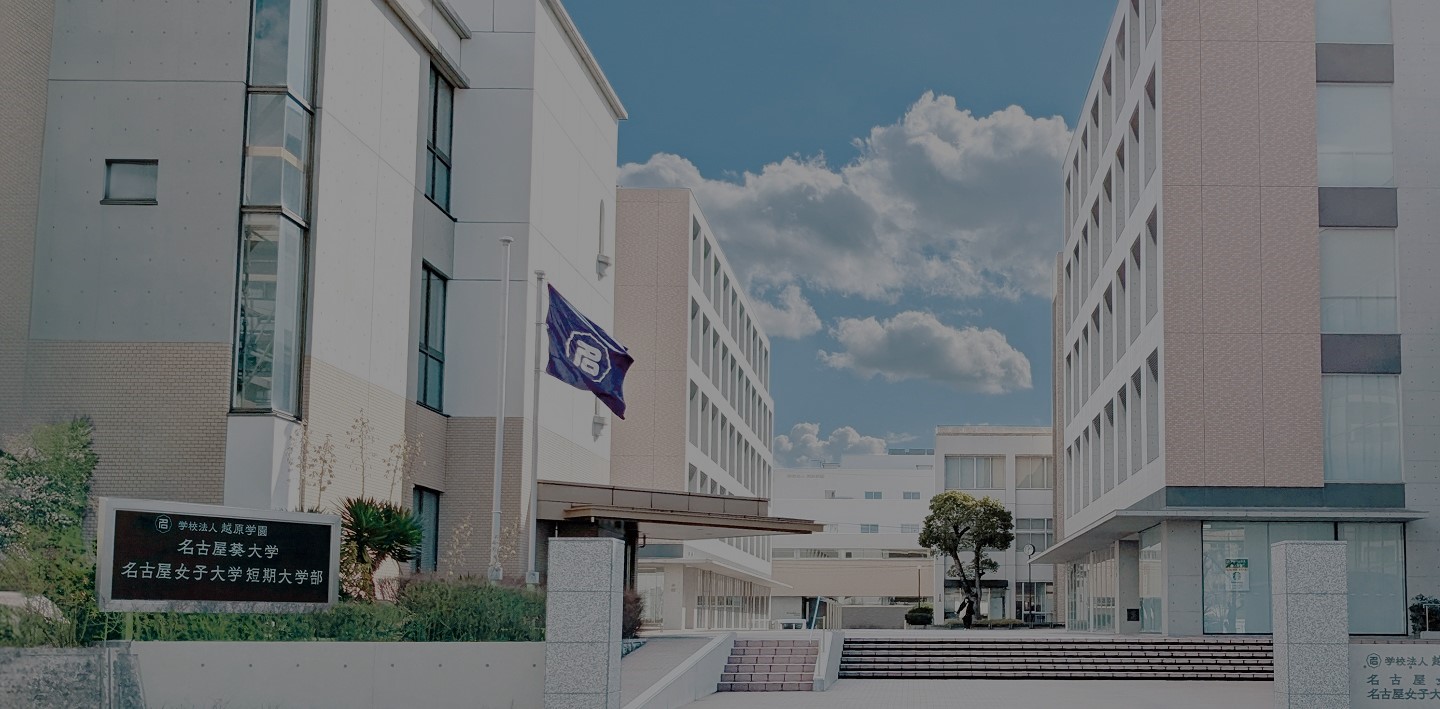
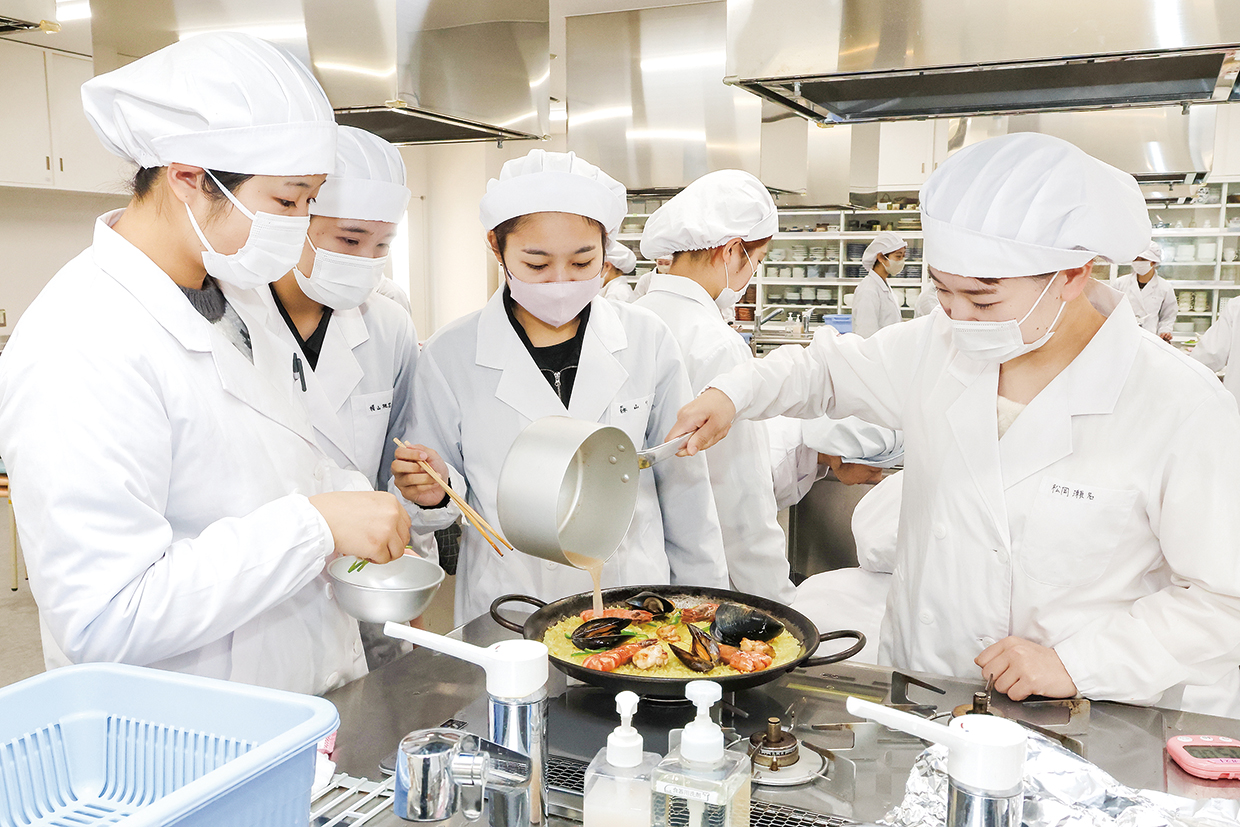
The Department of Health and Nutrition educates students to become registered dietitians who use nutrition to promote health, prevent and treat disease, and provide scientifically grounded dietary support tailored to individual needs.
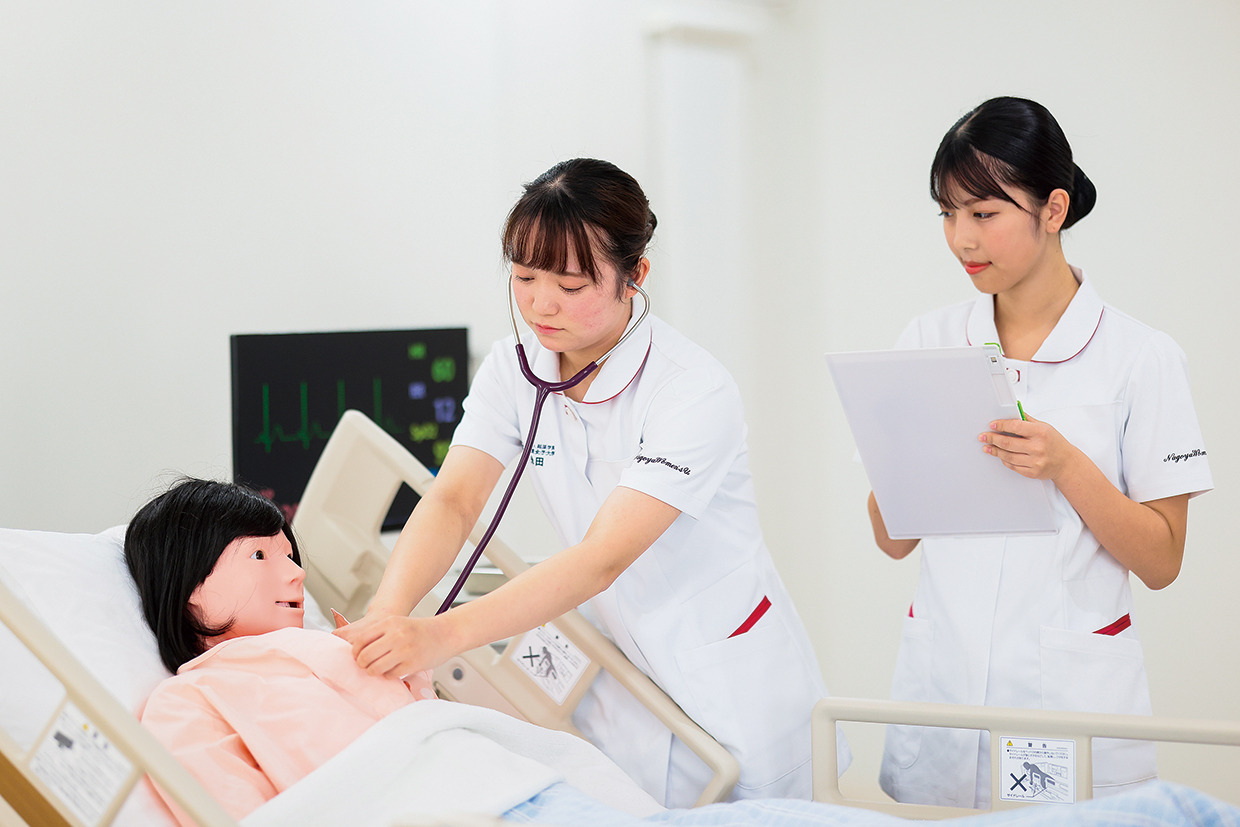
The Department of Nursing educates students to become professionals who possess deep respect for life and rich human compassion. They are equipped with the knowledge, skills, and attitudes required of nurses to provide attentive, patient-centered care and to contribute to the health and well-being of individuals — from the healthy to the critically ill.
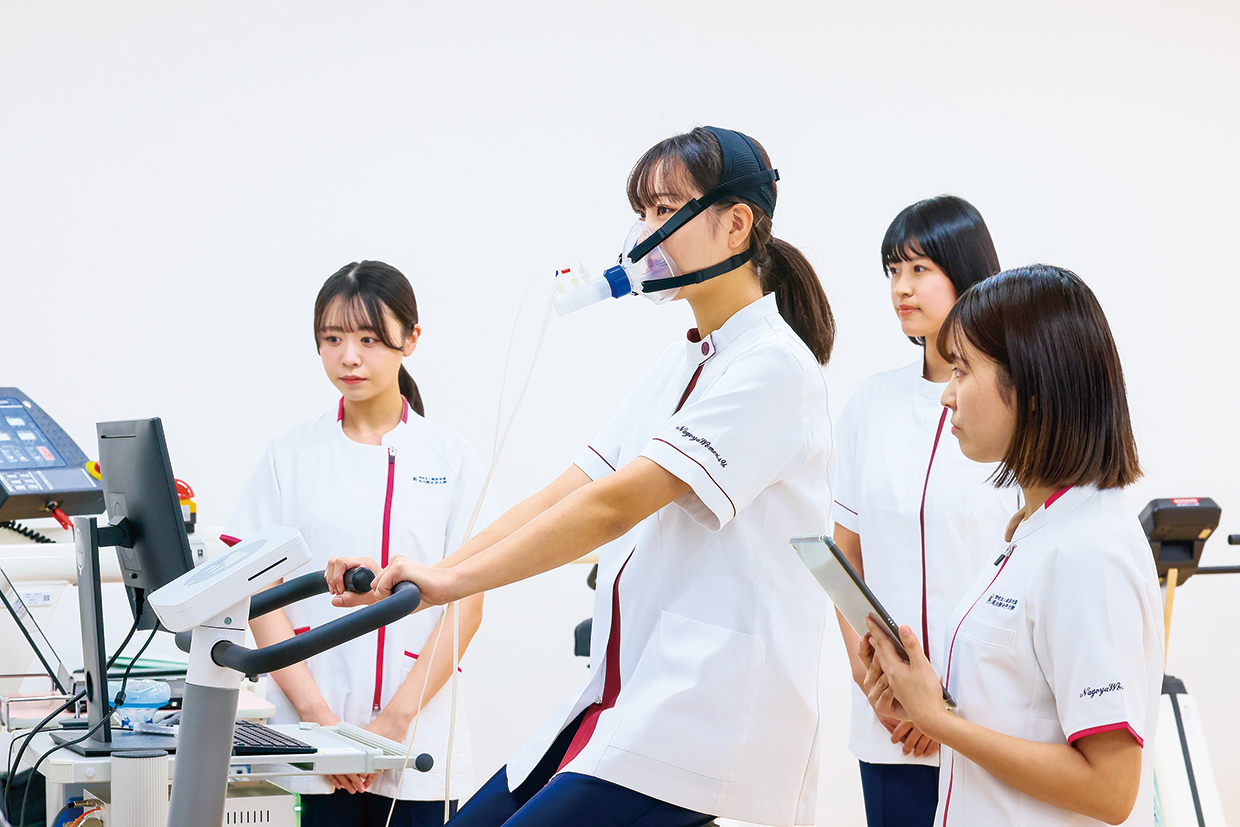
The Department of Physical Therapy educates students who can contribute to society by practicing skills that support healthy lifestyles. They include prevention and improvement of disability, using physical therapy based on scientific grounds. The program trains skilled professional physical therapist with high ethical standards and education.
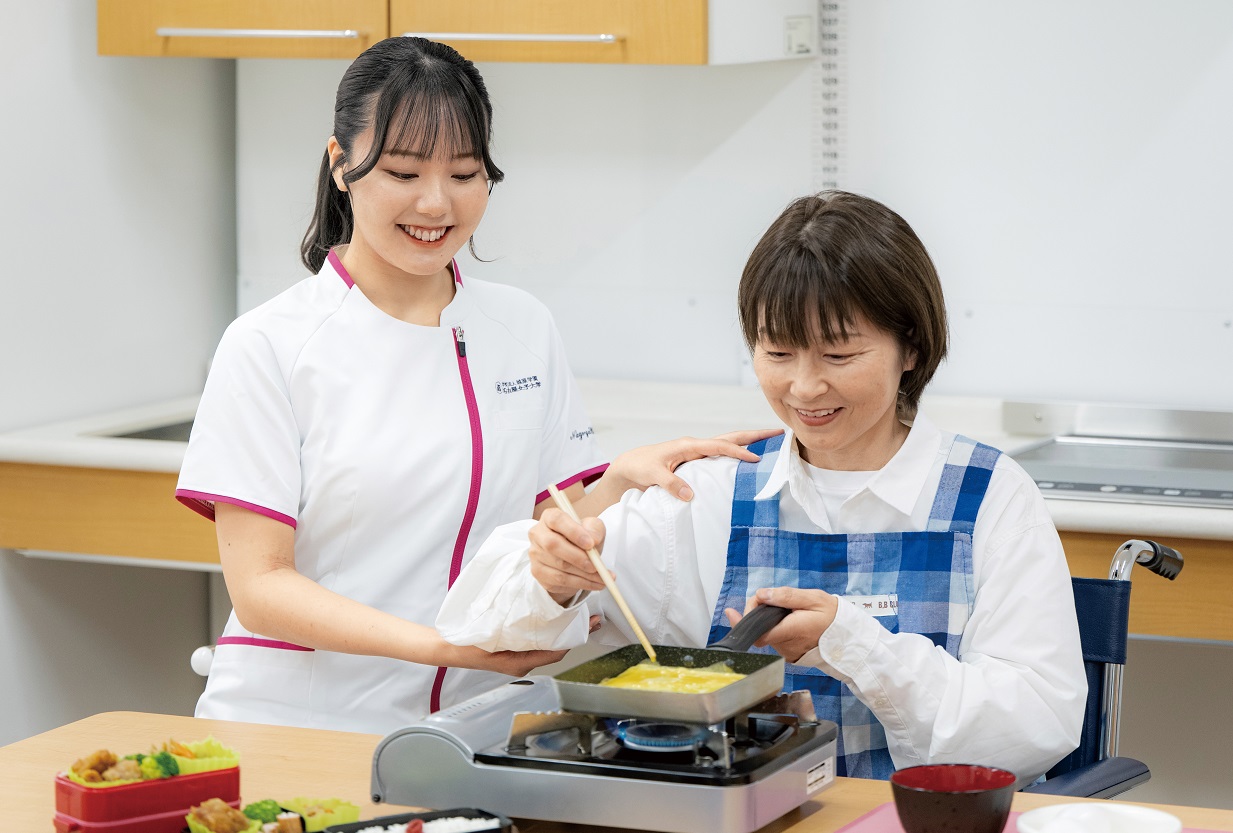
The Department of Occupational Therapy educates students who can contribute to society by practicing skills that support healthy lifestyles. They include prevention and improvement of disability to enhance quality of life, using occupational therapy based on scientific grounds. The Department trains skilled professional occupational therapists with high ethical standards and education. Students spare no effort for maximum self-improvement to enhance professional knowledge and skills.
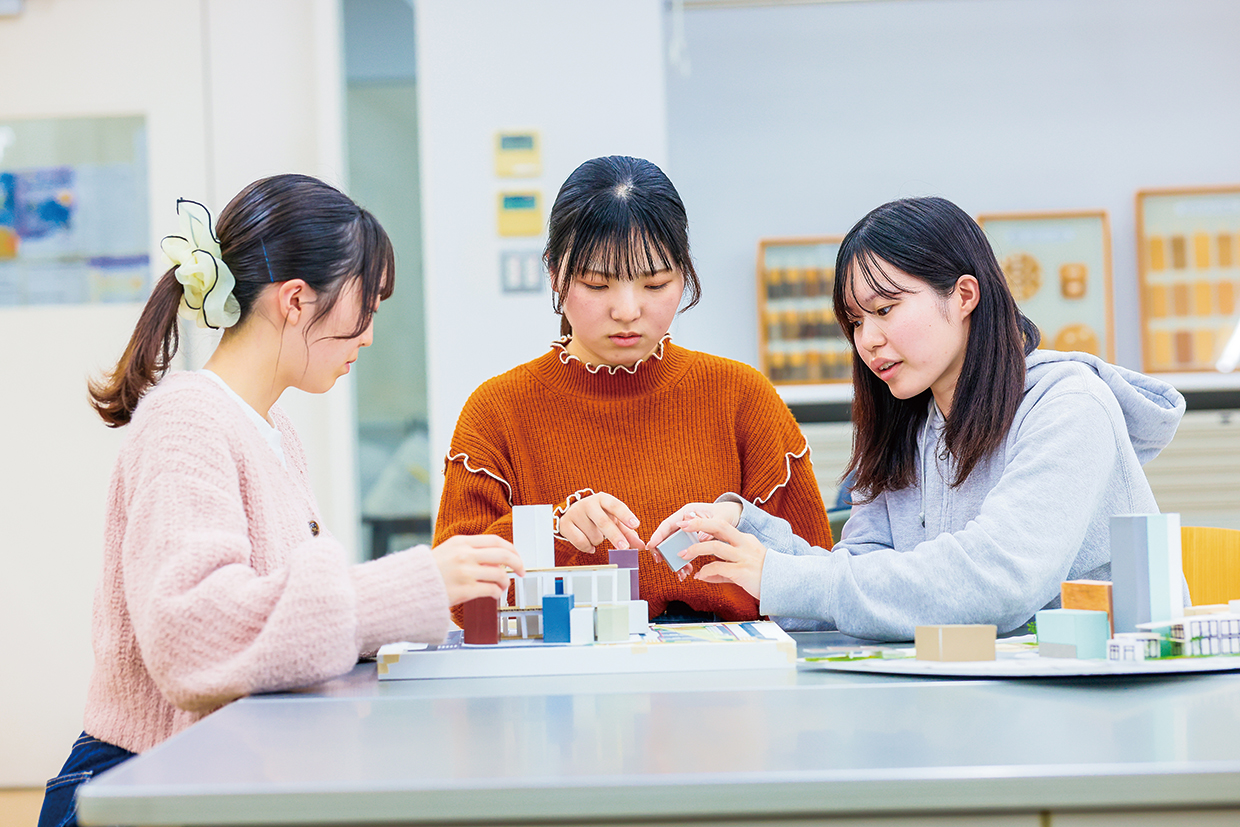
The Department of Human Life and Environmental Sciences nurtures students with expertise and practical skills in the field, focusing on the living, clothing, and food environments. This foundation is supported by specialized knowledge in business and information environments. The department also explores the nature of living environments within the context of a sustainable society.
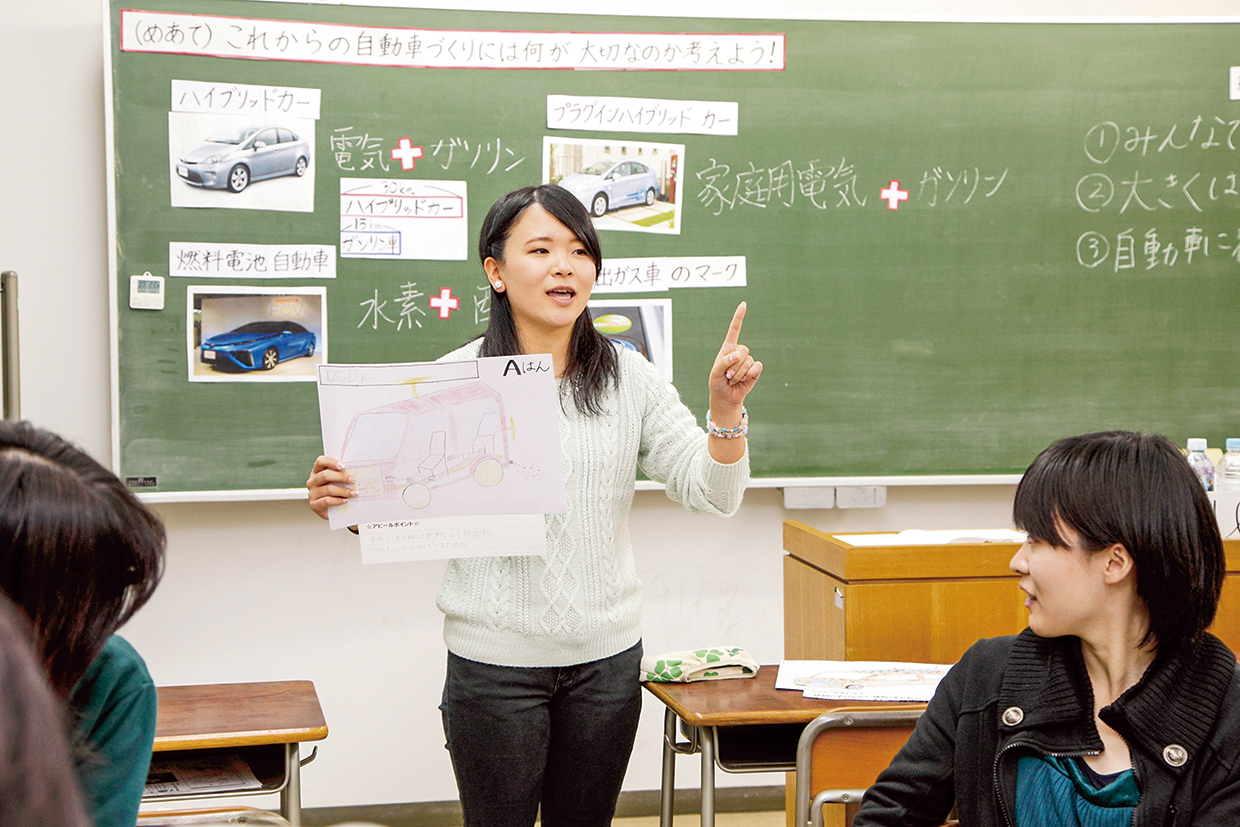
Through a comprehensive study of the social, educational, and childcare contexts surrounding children, the Department of Childhood Education prepares students to become elementary and junior high school teachers, childcare workers, and other education professionals. Graduates are equipped to contribute to society with a strong foundation in cultural literacy and specialized expertise. Students also develop practical skills and effective communication abilities, grounded in educational theory and adaptable to changing times.
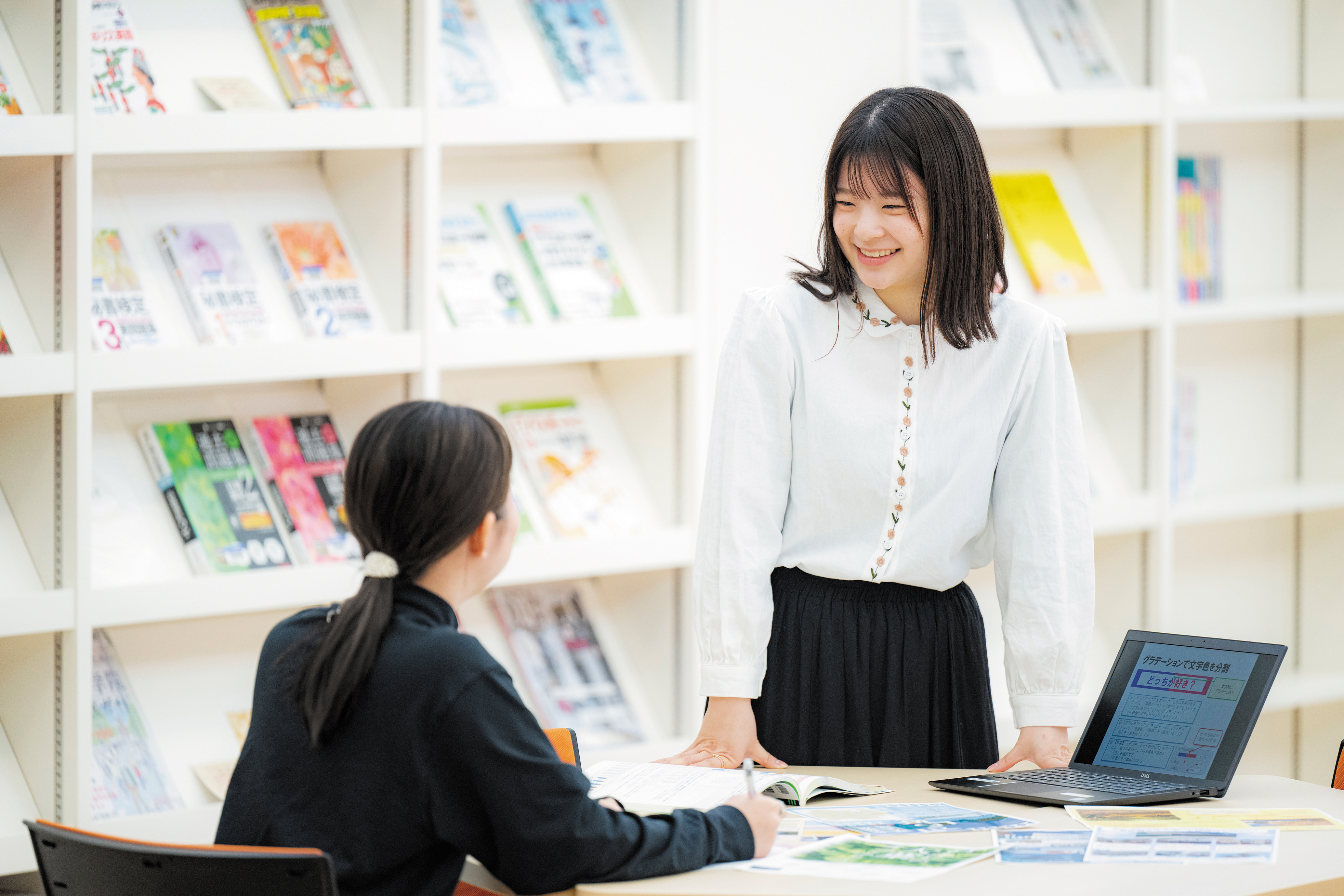
The Department of Applied Life Studies prepares students to be active, creative and appealing professionals in society. Students explore the study of life science from both theoretical and practical perspectives, acquiring the applied human and social life knowledge of the new era. The curriculum allows students to learn specialized skills in clothing, food habits, housing, and information technology.
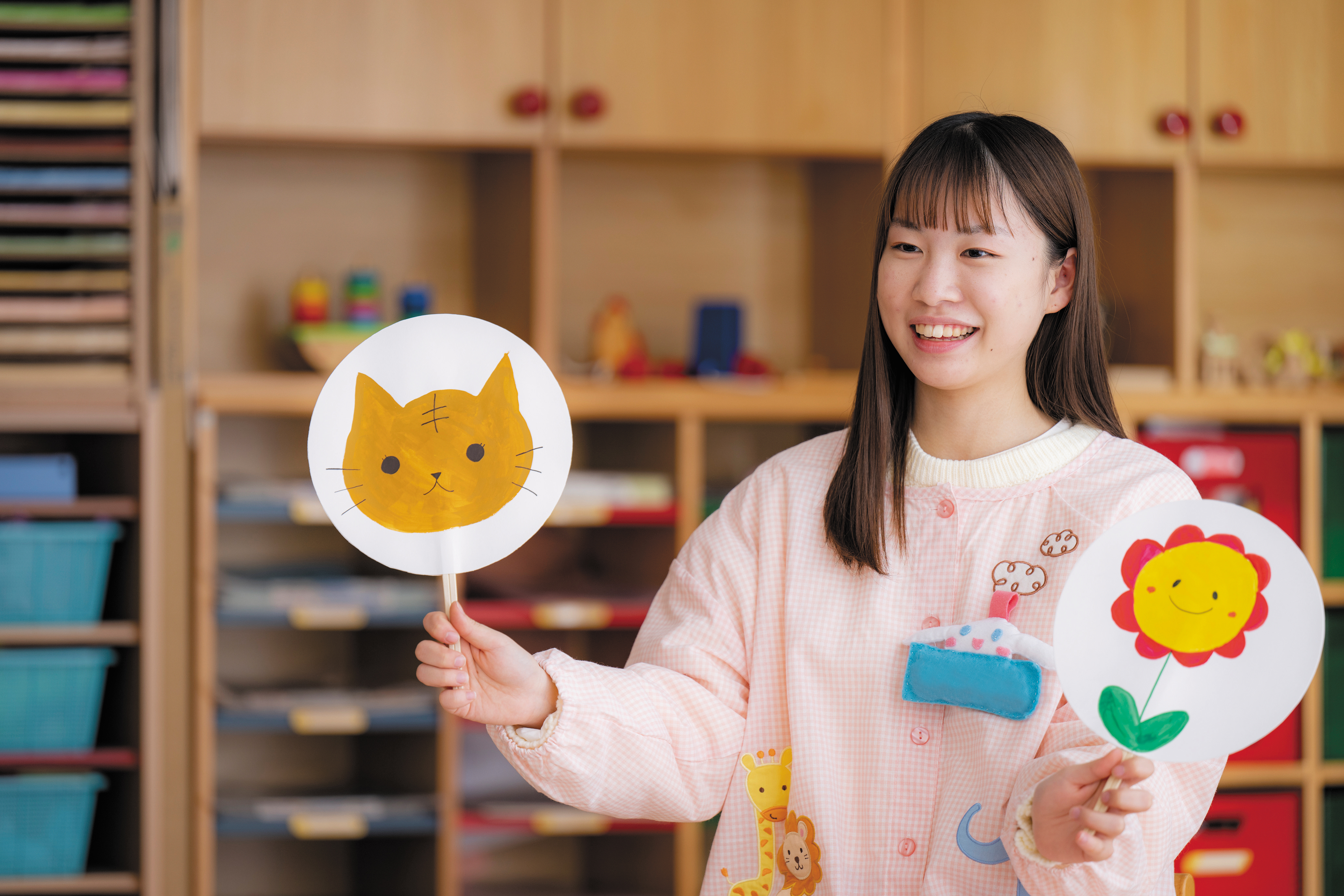
The Department of Early Childhood Education provides students with specialized knowledge in the fields of childcare, education and welfare. Students learn the importance of life and the need for kindness in dealing with the trends towards nuclear families and poor interpersonal relations in local communities, which impact child rearing. The department trains future nursery school and kindergarten teachers with a deep sense of humanity and a welfare-oriented mind, to respond to the various demands of childcare support.
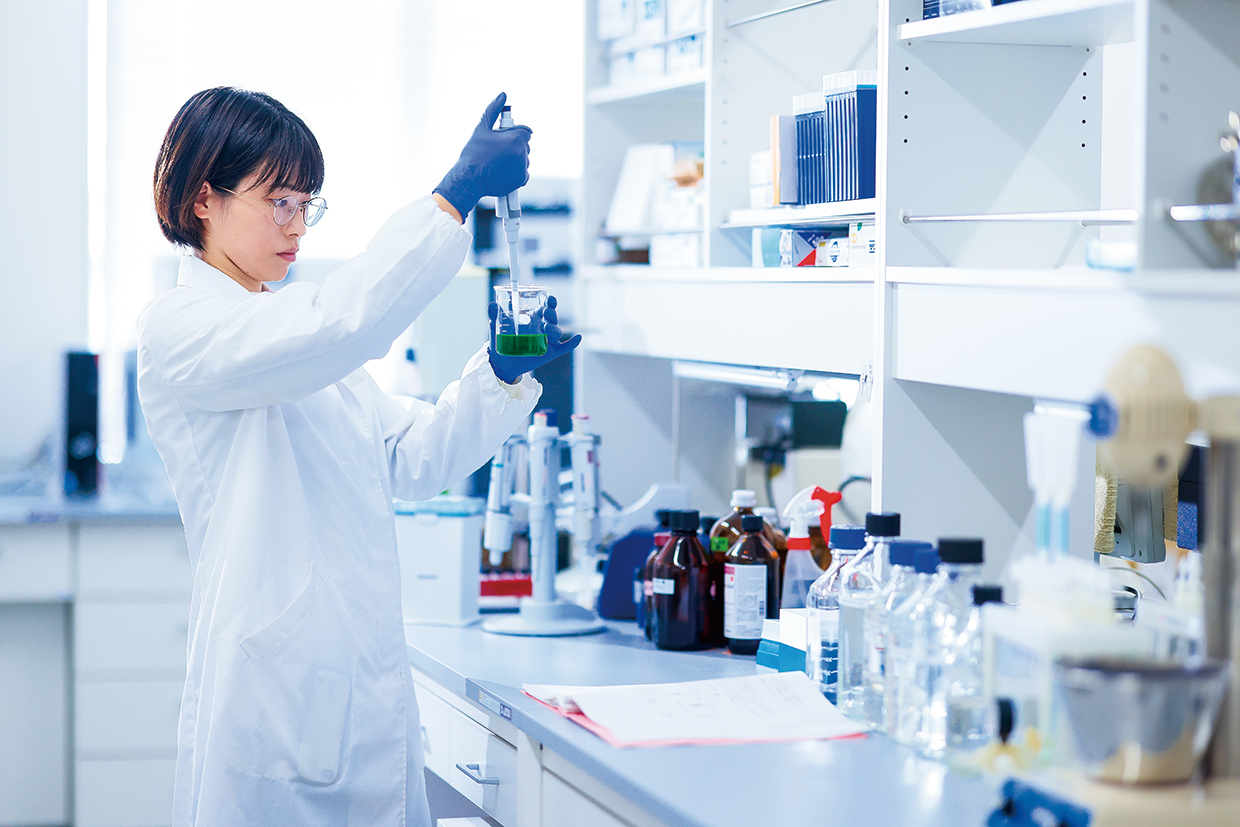
This Division educates students who will possess specialized knowledge and strong research and development skills related to "food and health" as part of the relationship between human life and environments. Students will become able to play active roles as food science and nutrition studies instructors in education, healthcare, welfare and public health.

Based on our founding principle of "Kindness," the school program nurtures each student's individuality and humanity, supports them in realizing their potential and enables them to thrive in a "co-creative society" where people of all genders work together to build a better future. In the first year, students proceed with a common curriculum which develops fundamental academic skills and promotes self-understanding. From the second year, they pursue specialized curriculums to achieve their career goals: the Humanities and Sciences Course, the Health and Medical Sciences University Collaboration Course, the Advanced Course, or the Science and Mathematics Course. One of the main features of our school is our strong collaboration with Nagoya Aoi University.
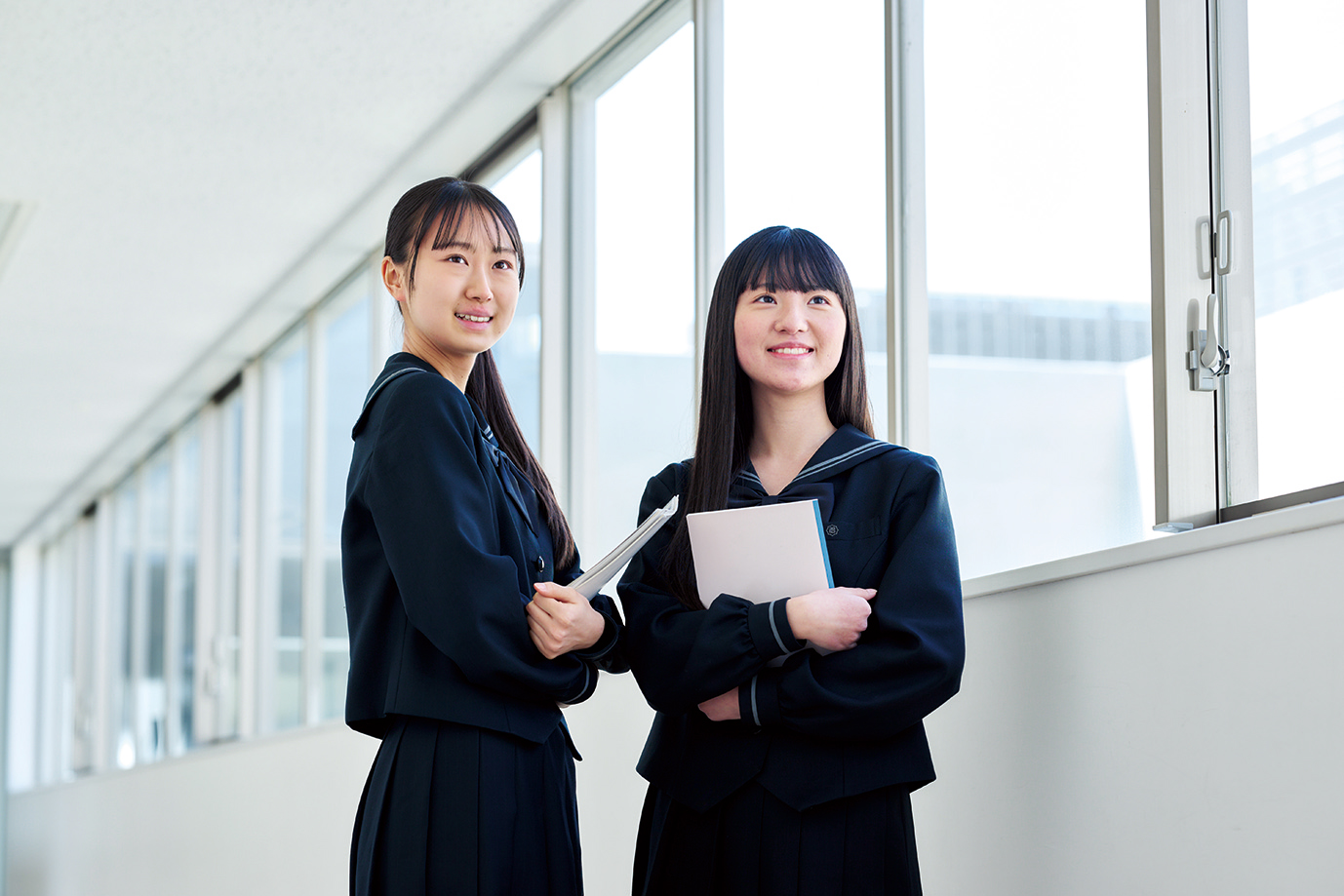
Based on our founding principle of "Kindness" and utilizing our tradition of girls' education, our school will become a co-ed school in 2026, in response to the changing times and societal needs. With a six-year integrated curriculum for both junior and senior high schools and a well-planned career education program, the curriculums aim to foster students' abilities throughout their school life. Our goal is to nurture individuals who, regardless of gender, can collaborate, express their unique qualities, and contribute to the creation of a better society—a "co-creative society."
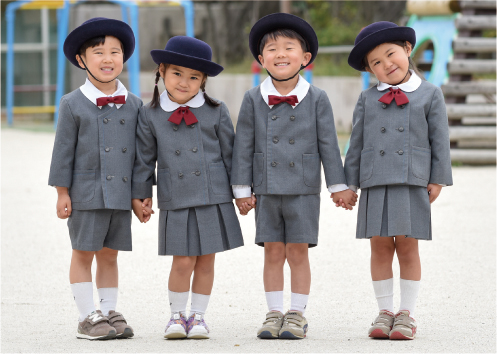
Nagoya Aoi University Kindergarten was established in 1971 and serves as a real model class for research and practice by our university. The educational principle of the kindergarten is to nurture children with strong and healthy bodies and minds.